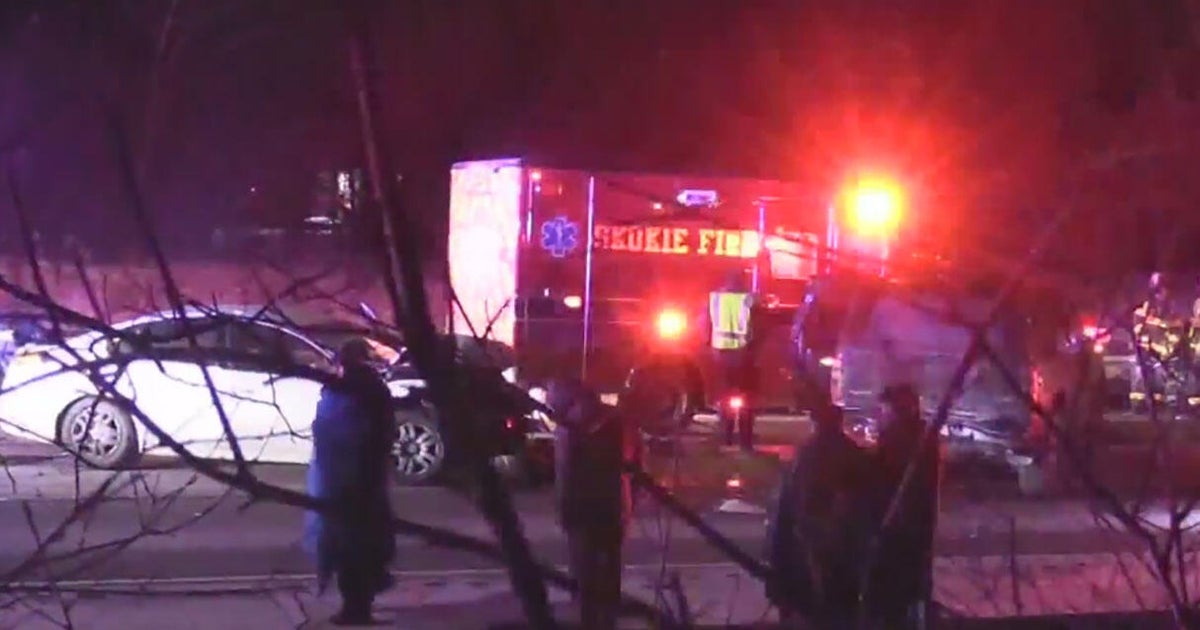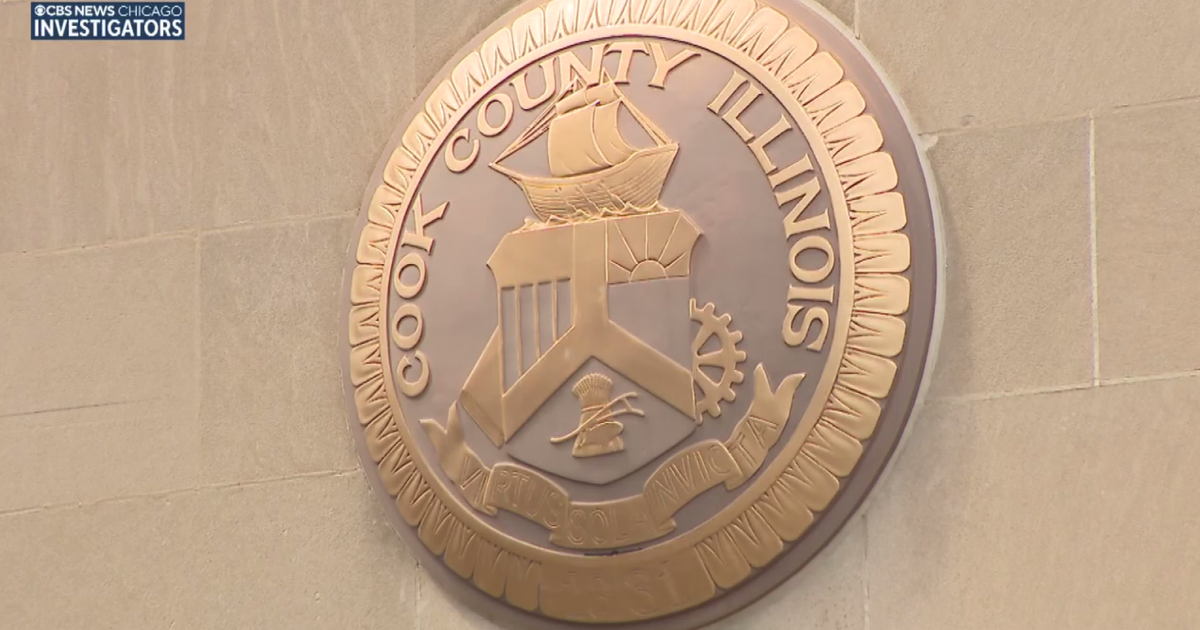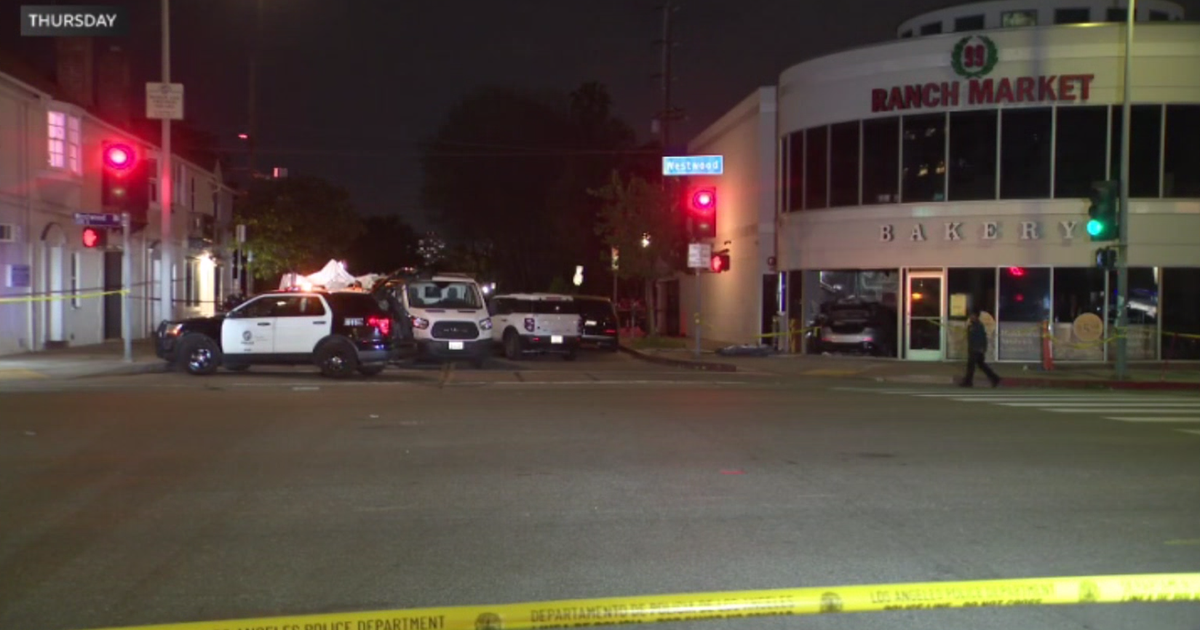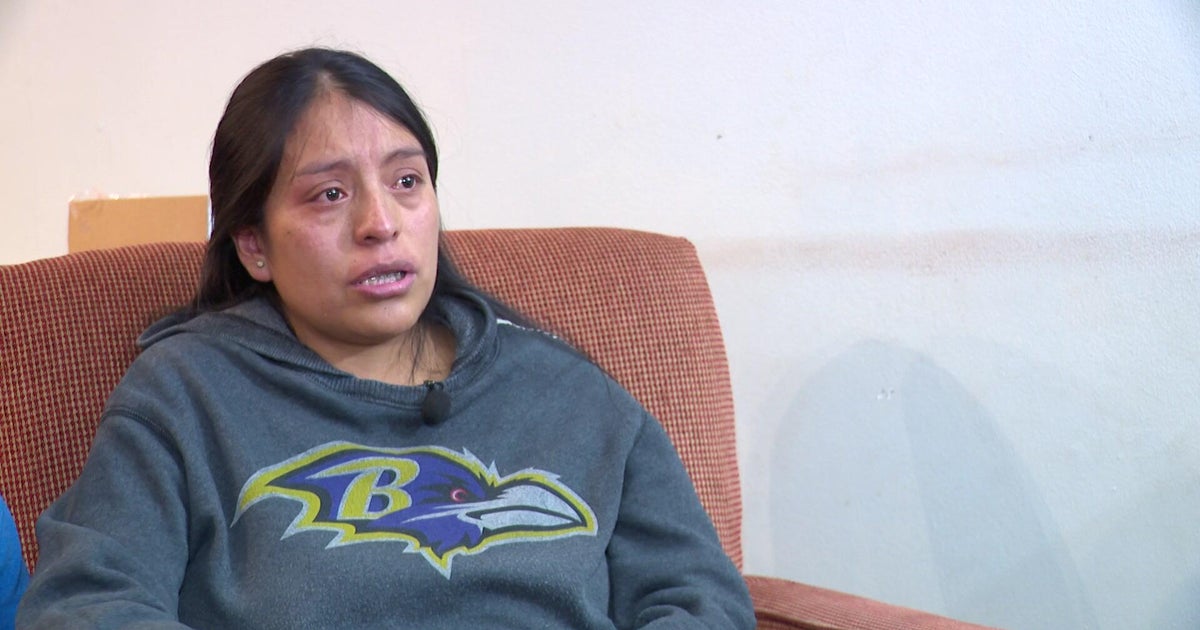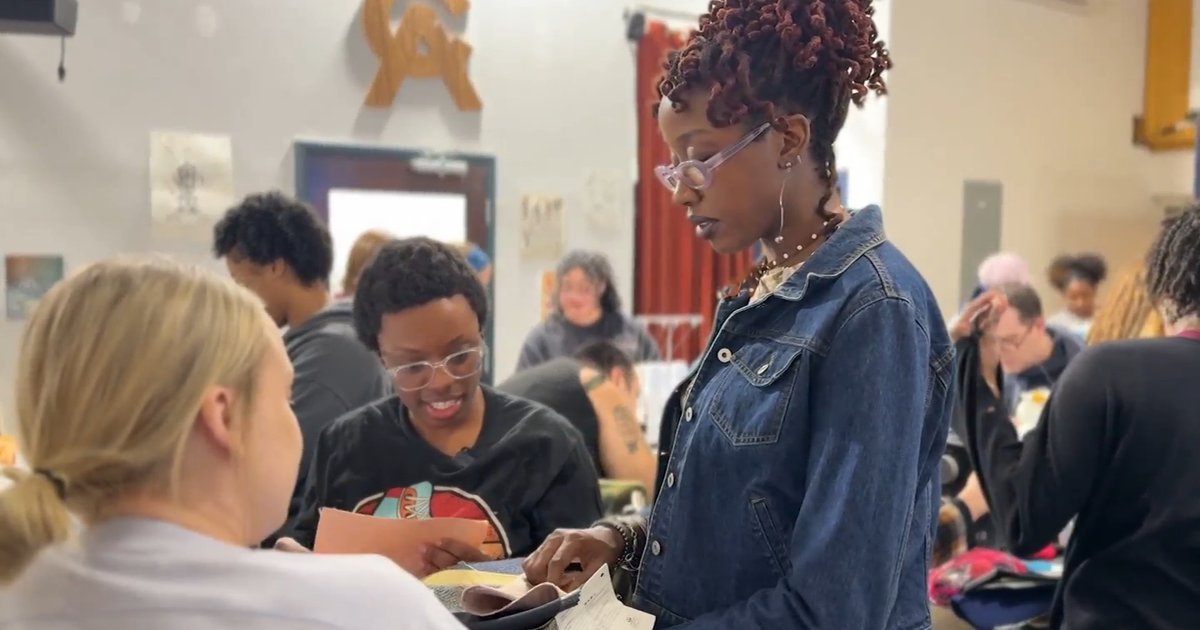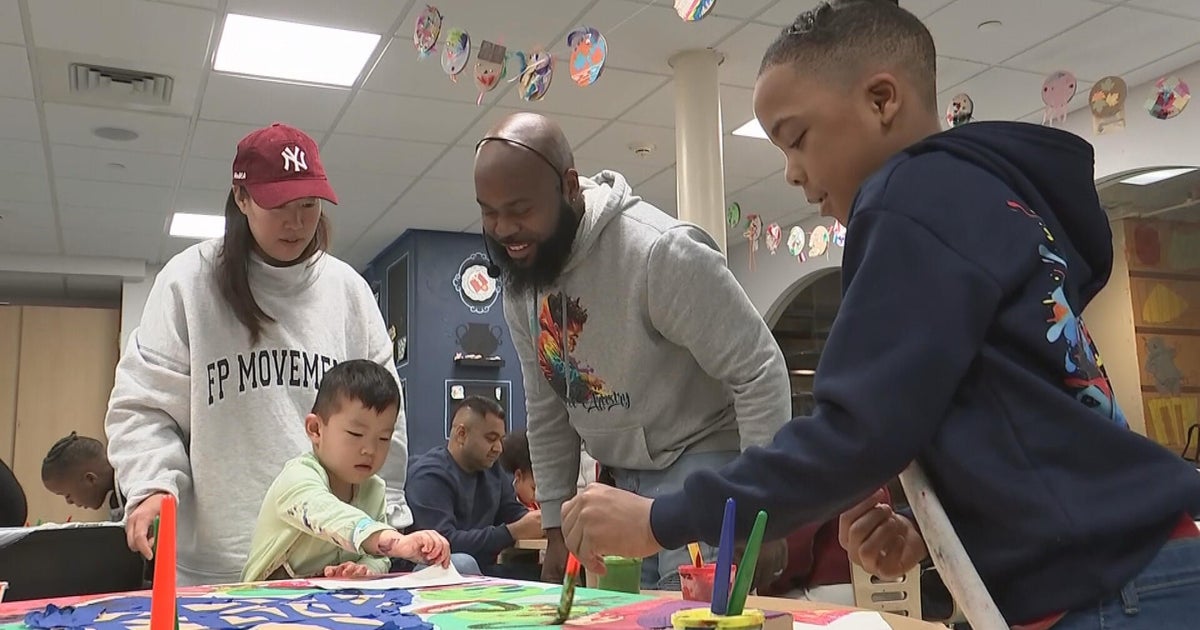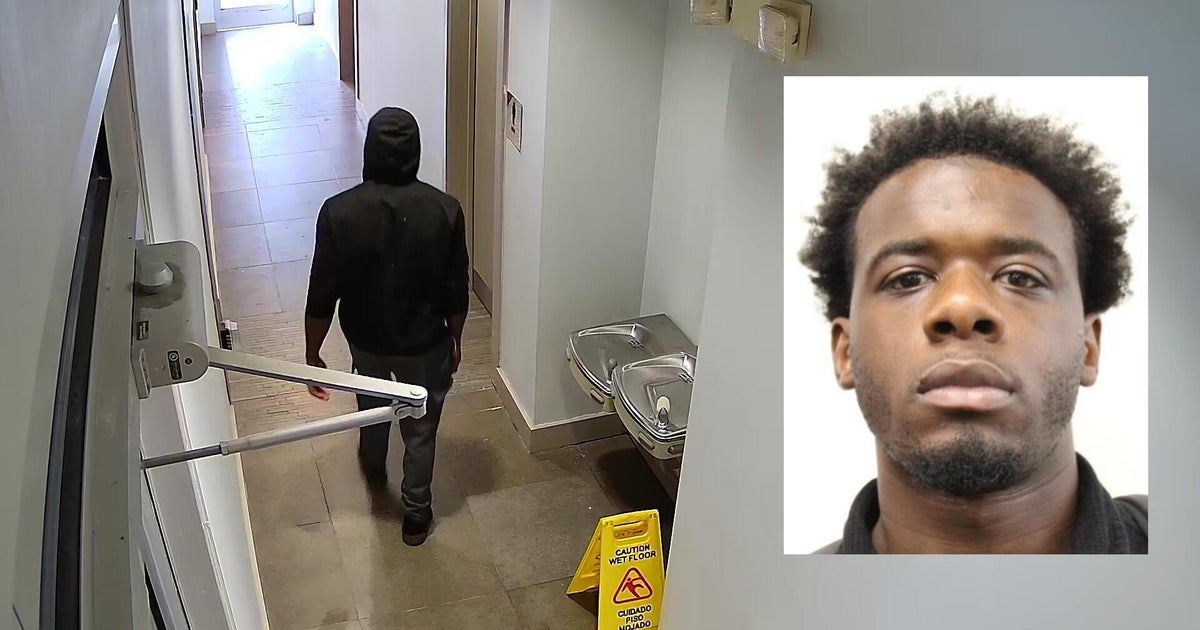Diversion Program Bringing Juvenile Offenders, Victims Together To Avoid Court System: 'It's A Gift That Is Amazing'
EDEN PRAIRIE, Minn. (WCCO) -- We've heard a lot recently about young people committing crimes and being placed back in the community. And we've heard outrage from victims.
There's a program with the Eden Prairie Police department that brings offenders and victims together. It's called Diversion. The goal is to keep kids and young adults out of the court system, and to help them understand how their actions hurt someone.
WCCO found out first-hand the impact it's had on many lives.
Letters of regret and apology fill a folder, including this one.
"Getting this wakeup call was almost like a blessing in disguise."
"We would like to offer an apology to a lot of people for a foolish and immature thing we did last summer."
"You were one the few individuals able to see the potential in a 15-year-old who made an incredibly poor decision."
These are letters from young offenders who got a second chance, like Melody Isaman's daughter.
"She got caught shoplifting just before she turned 18, and I have no idea why," Isaman said. "I don't even think she knows why she did to this day."
Her daughter was able to go through what's called a Diversion Program. In Eden Prairie, that's where an officer and victim agree to an alternative to the court system.
"She had to do some pretty intensive work and volunteer work and it was a wake-up call, big time," Isaman said.
Randy Thompson launched the city's program 17 years ago.
"It provides for a chance for the offender to restore the victim, and for the victim to be able to explain to the offender how they're impacted by their actions. It's really powerful in that it gets victims and offenders together, talking," Thompson said.
He says roughly 75% of the cases involve shoplifting. Also included are things like: curfew, chemical and traffic violations, damage to property, disorderly conduct and sometimes minor assaults.
"The diversion allowed them to have a clean record, and now they're in a place where that allowed them to get to where they are," Thompson said.
He says there are 1,200 success stories, but a handful of cases each year get sent back to court.
"They don't have buy-in, the family doesn't have buy-in to the program. If you don't have that, it's pretty tough," Thompson said.
WEB EXTRA: Life Lessons From Randy Thompson
Guy Henson agreed to diversion when he was the victim of a crime. Some teens wrapped cellophane between two signs across a street. He drove his collector car through it, damaging his hood emblem and antenna.
"I said, 'I understand, you know, I was young too, I did things.' But I said, 'This was kind of dangerous,'" Henson said. "It shouldn't be haunting them the rest of their life, and if they learn a small lesson now, when they're younger, then they can work with that and build on that."
Isaman is grateful a program like this exists, and says her daughter stayed out of trouble.
"It's a gift that is amazing, that these kids have a chance to change and make a different choice," Isaman said.
The age range of participants for Eden Prairie's program has been from 10, up to young adults. They tell WCCO the recidivism rate is about 12%.
Other departments, like Minneapolis and St. Paul, have similar programs.
